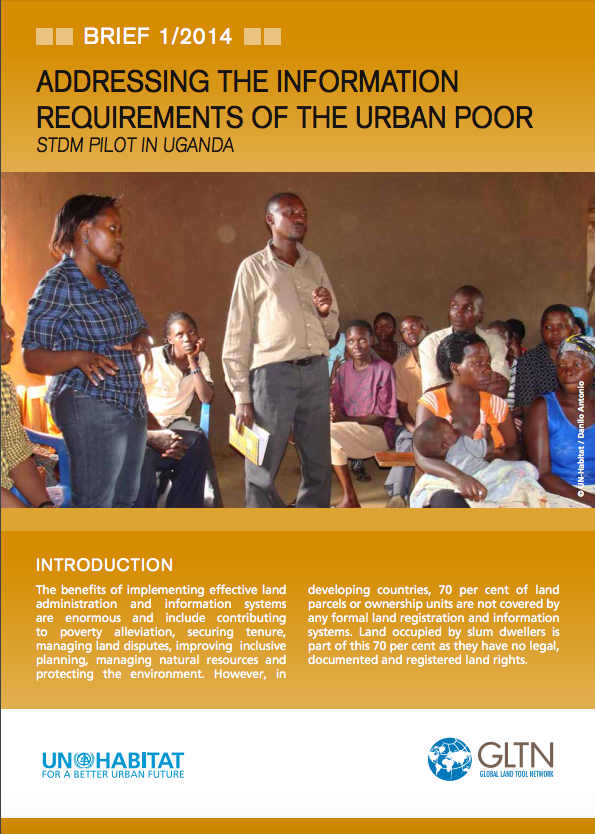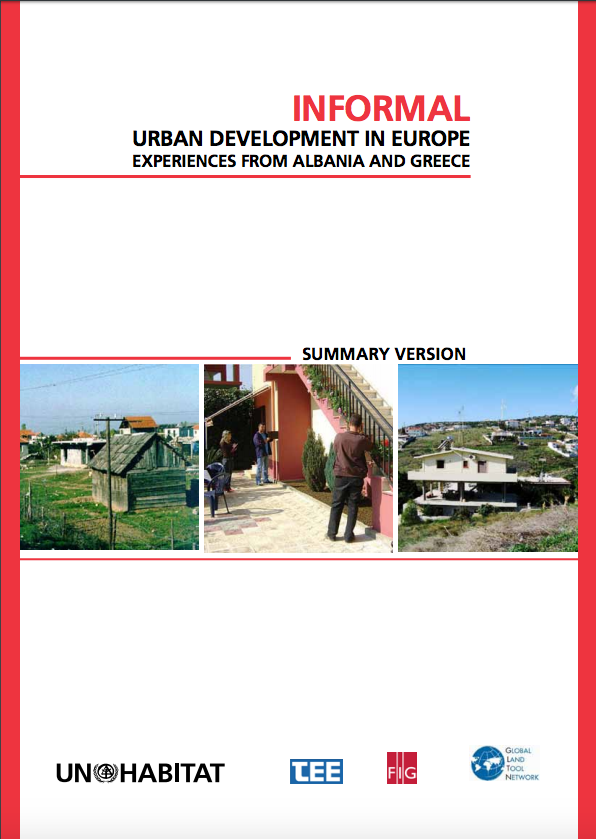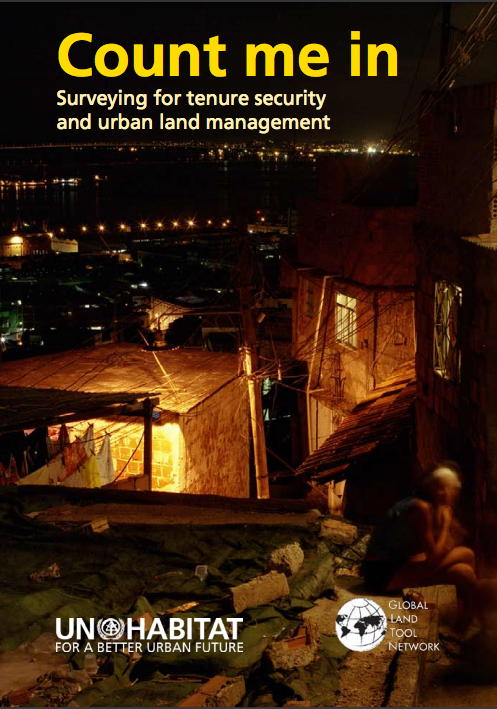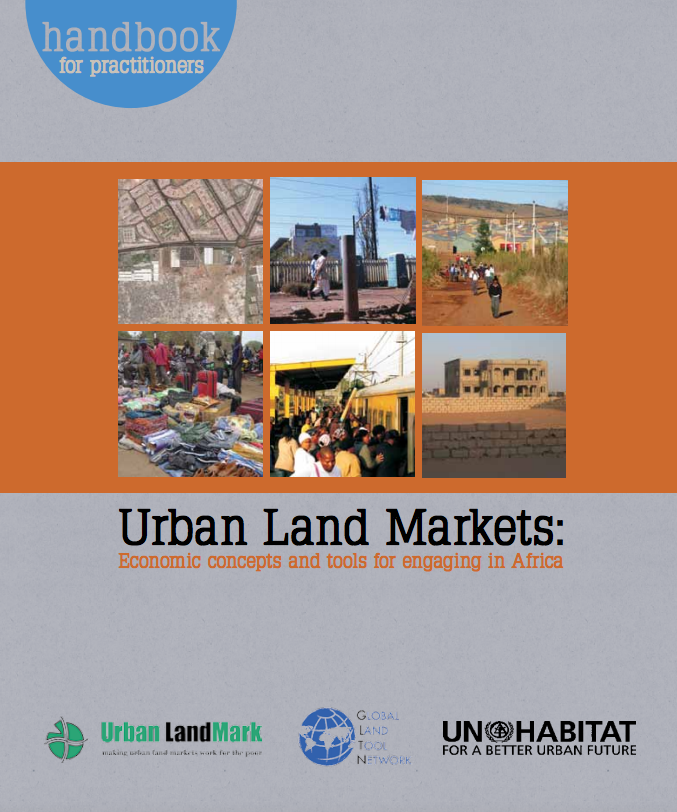How Responsive is your Land Programme to the needs of Youth?
This publication is a practical guide to the Youth and Land Responsiveness Criteria, which is a tool that can be used to increase the incorporation of youth perspectives into land matters at both institutional and programme levels, through a participatory process.











